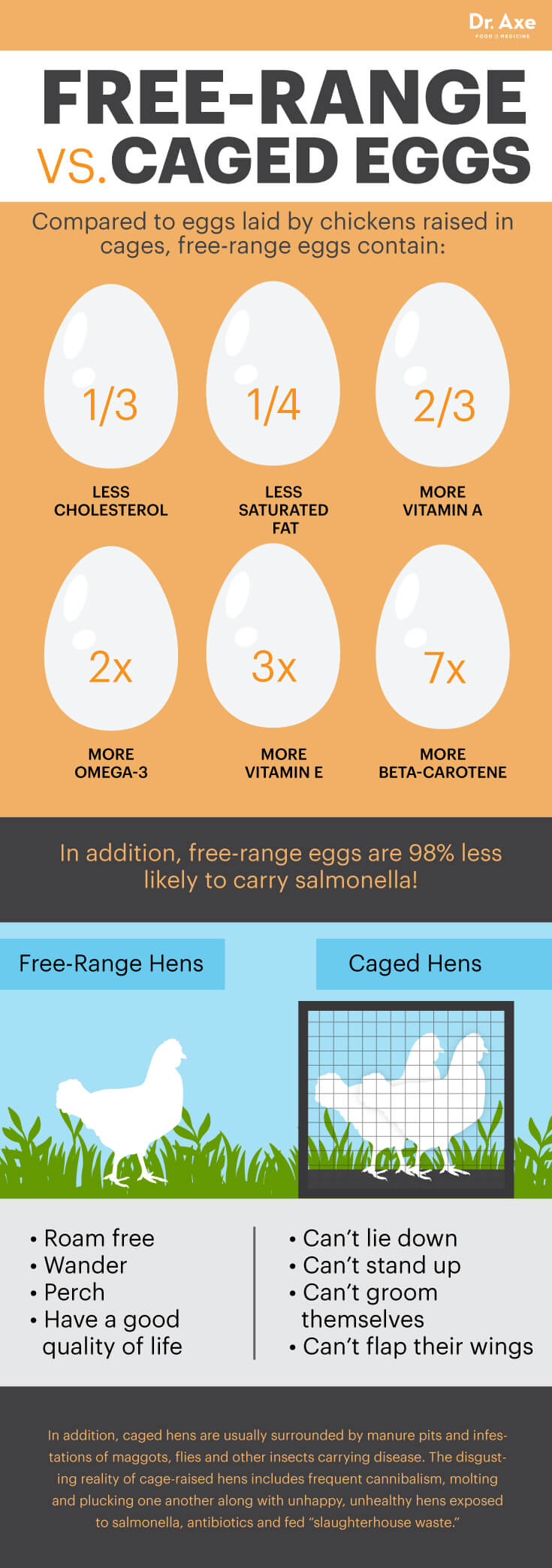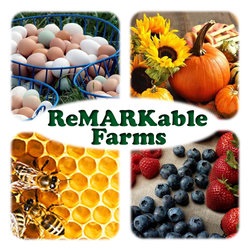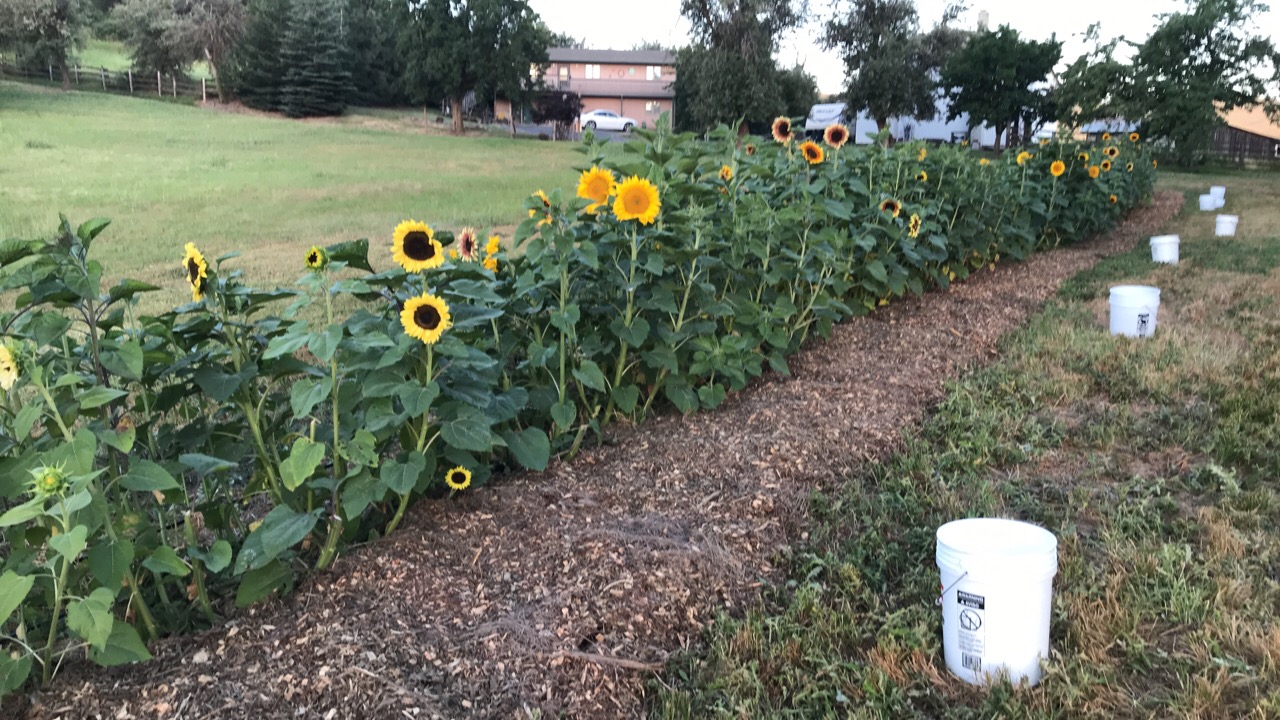Mark started a pastured poultry egg business in fall 2019.

Mark’s egg operation will consist of a stationary coop and run. We will make portable paddocks that will be rotated around the perimeter of the run.
We understand that many sustainable farms use portable housing for their critters. We are completely aware of all the benefits of portable housing. However, since Mark will be going out to feed, water and collect eggs every day, it is going to be easier to teach him how to do his job if the coop remains in the same place.
Mission: To provide flexible employment for Mark while using sustainable farming practices to produce pastured eggs for our family, friends, and community.
Mark has an intellectual disability but we don’t want that to be a barrier to employment for him. We always knew that a 9 to 5 job would not work for Mark. By having his own self-employment business, he can have the flexibility of working at home and have the support he needs to be successful. Once Mark learns a task, he can do it independently, but if things are changing constantly (i.e. portable housing), it will be more difficult for him to learn. Also, I recently attended a Winter Housing for Poultry webinar and the individual that was presenting started with mobile coops for his laying hens and then they switched to stationary housing. He started getting more eggs once he started using the stationary housing. I realize that this is anecdotal, but it seems that the hens like the predictability of stationary housing, per his comments.
During spring, summer and fall, our chickens/ducks will have access to grass and weeds using portable fencing to make paddocks around the coop/run. We will be growing black oil sunflower seeds and pumpkins to feed to the chickens during the winter months. We are also put together a fodder system so we can feed some fresh greens during the winter months. We will be sourcing grain feed from a local producer.
What is pastured poultry?
According to the American Pastured Poultry Producers Association, pastured poultry require two things: access to grass (that’s pasture) and frequent movement (rotation). Birds live outside as appropriate for the age of birds and the season of the year.
By using the rotating paddocks, Mark’s hens/ducks will have access to fresh grass and the paddock is rotated around the coop. Another advantage of the stationary coop allows for protection of the flock. We will do our best to make our coops predator proof and will have a farm dog to help guard the poultry.
So, why don’t we just let our chickens/ducks out to free range where they want? Two primary reasons are 1. there are great horned owls living in our big barn and 2. there are many hawks flying over the property most every day. It would be safer for the girls to keep them in one area where they can be monitored. We have 2 livestock guardian dogs that roam the property. They have scared away the owls but the hawks still come around on occassion.
Mark’s poultry will be protected from predators while still having access to grass and bugs which will make the eggs more nutritious. It’s a win-win for the poultry and for the consumer.

If you have any questions about the egg business, don’t hesitate to reach out to Denise at remarkablefarms@gmail.com

